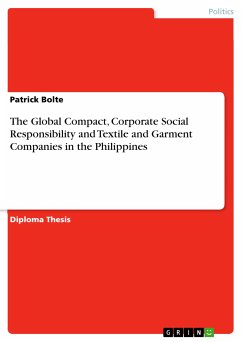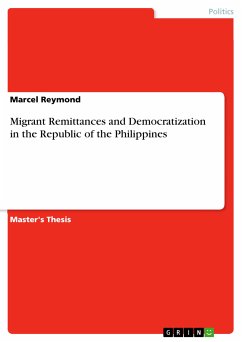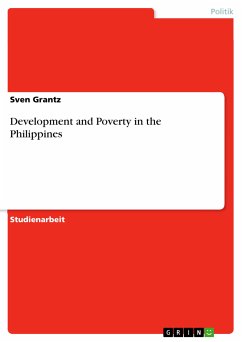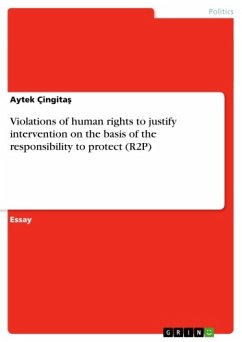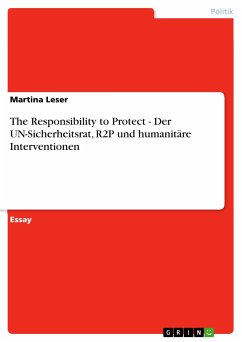Diploma Thesis from the year 2004 in the subject Politics - Topic: Globalization, Political Economics, grade: 1,3, Free University of Berlin (Otto-Suhr-Institut für Politikwissenschaft), language: English, abstract: Over the first four years of its existence, the Global Compact has made significant progress in terms of outputs, but is threatened by its participants’ poor performance in rule-compliance. It has managed to secure small but reasonable funding, and improved in the fields of guidance to participants, inclusiveness, and transparency. It has proved to be adaptable to challenges, as the introduction of the integrity measures and the addition of a tenth principle (on anti-corruption) indicate. However, the lack of any enforcement of its rules that persisted until June 2004 appears to have been a model deficiency. Up until the introduction of the integrity measures in that month, the voluntary nature of Kofi Annan’s initiative seems to have been over-stretched, as poor outcomes suggest. While it has gained hundreds of new participants and now consists of nearly 1,700, most of these participants failed to fulfil their obligations of (1) integrating the principles into business operations, (2) publicly advocating the Compact, and (3) annually reporting on progress. At least 1015 participants did not submit the required “communication on progress” (COP). Although this paper recognises the achievements of some participants as well as indirect outcomes amongst participants (such as strengthening champions of reform within companies), these successes do not make up for the huge reporting gap. Conceivably, all participants that did not submit COPs might have acted upon the principles nonetheless; but even were this so in all cases, the reporting gap posed at the very least a threat to the initiative’s transparency and integrity. However, it is more likely that the reporting gap represents an actual implementation gap – a gap that poses a much greater danger to the Global Compact’s credibility and long-term viability. The Philippine Global Compact network was established in September 2001; its 137 members make it the third-largest of the 44 networks (after France and Spain). Its dynamics reveal some of the root causes behind the participants’ poor performance in reporting. The network’s inception was spearheaded by the Employers’ Confederation of the Philippines (ECOP) and the International Labour Organisation (ILO); the initiative soon gained the support of the Philippine Chamber of Commerce and Industry (PCCI), Philippine Business for Social Progress (PBSP) and the United Nations Development Programme (UNDP). [...]

